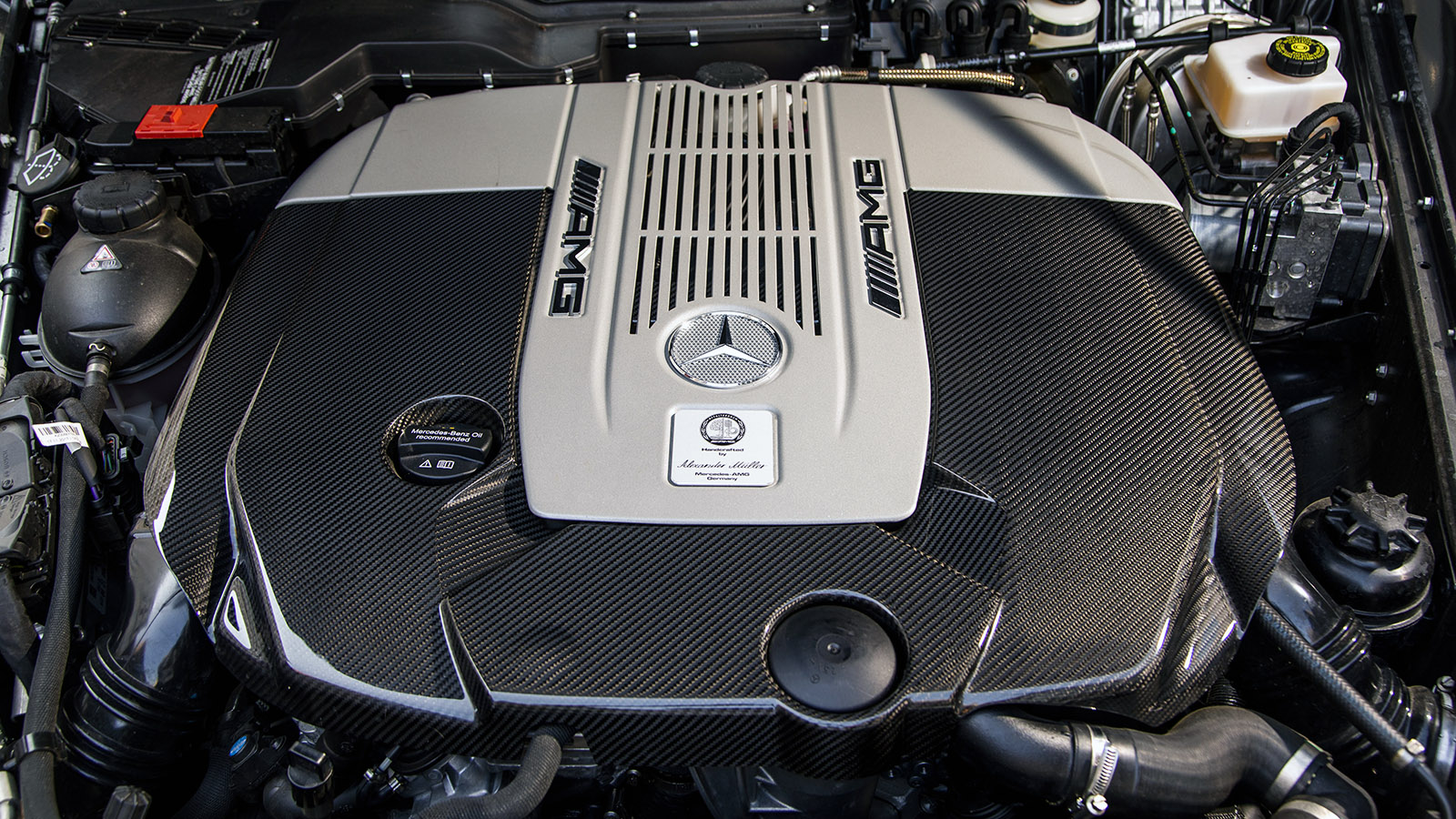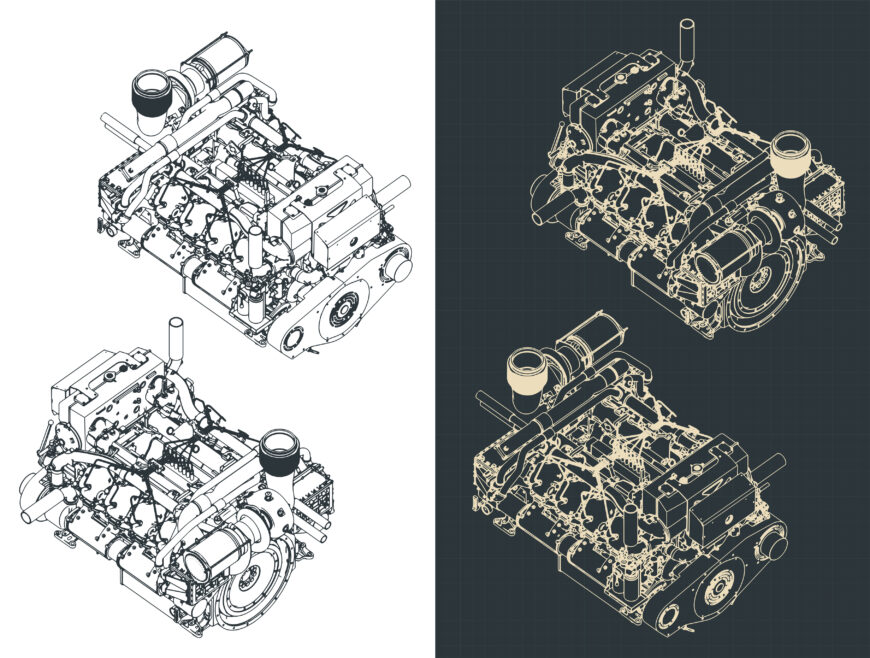The Effect of Cutting-edge Engine Technologies on Power Performance and Environmental Sustainability
In the realm of transport and commercial equipment, the continual mission for enhanced power effectiveness and decreased ecological impact has actually resulted in considerable innovations in engine modern technologies. From the gradual change towards hybrid and electric systems to the integration of turbocharging for boosted efficiency, the landscape of engines is progressing quickly. The usage of alternative gas additionally expands the options available for lasting power resources. These technologies not just assure a greener future however also hold the prospective to revolutionize the means we approach power intake and ecological sustainability.
Advancement of Engine Technologies
The progression of engine modern technologies over the decades has been noted by continuous advancement and improvement in pursuit of boosted efficiency and effectiveness. From the early days of internal burning engines to the advanced hybrid and electric powertrains these days, the evolution of engine innovations has been driven by a ruthless quest for improved fuel effectiveness and reduced exhausts.
One significant landmark in this advancement was the growth of turbocharging and straight shot systems, which considerably enhanced engine power output while improving gas effectiveness. These innovations allowed for smaller, a lot more lightweight engines that can provide the efficiency of bigger ones without endangering on efficiency.
Additionally, improvements in materials science have actually resulted in the widespread fostering of lightweight products such as aluminum and carbon fiber in engine construction. This has not only lowered overall car weight yet has likewise enhanced engine effectiveness by minimizing energy losses connected with inertia and friction.
Benefits of Electric and Crossbreed Solutions
With the expanding concentrate on sustainability and energy performance, what advantages do hybrid and electrical systems offer in the world of engine innovations? Electric and hybrid systems existing various benefits that add to an extra energy-efficient and lasting future. Among the main benefits is the significant reduction in greenhouse gas emissions compared to traditional internal combustion engines. Electric automobiles create absolutely no tailpipe discharges, bring about boosted air high quality and lowered environmental influence. Furthermore, hybrid and electrical systems are much more energy-efficient, converting a higher percent of saved power right into propulsion contrasted to standard engines. This effectiveness results in lower energy intake and operating expense over the vehicle's life time. Electric cars supply regenerative stopping systems that store and catch energy generally shed throughout stopping, further enhancing power performance (engines for africa). Hybrid systems integrate the benefits of electric propulsion with the flexibility of a burning engine, giving prolonged reducing and driving ranges range anxiety for consumers transitioning to electrical automobiles. On the whole, electric and hybrid systems play a crucial function in advancing energy efficiency and ecological sustainability in the transport industry.
Turbocharging for Improved Efficiency
Innovative engine modern technologies like hybrid and electric systems have led the way for improvements in car effectiveness, with turbocharging becoming a vital technique for improving total performance and sustainability. Turbocharging works by using a turbine to compel more air right into the burning chamber, allowing for far better fuel combustion and raised power output without a significant boost in engine size. This procedure, called forced induction, allows smaller, much more fuel-efficient engines to produce power levels similar to bigger ones. By optimizing the performance of the burning process, turbocharged engines can achieve improved gas economy and reduced emissions, adding to ecological sustainability. Additionally, turbocharging boosts engine responsiveness, providing vehicle drivers with an extra vibrant driving experience. The extensive fostering of turbocharged engines in both gas and diesel lorries demonstrates their performance in balancing performance, effectiveness, and environmental influence. As automobile suppliers proceed to fine-tune turbocharging innovation, its function in advertising energy efficiency and sustainability in the transportation industry is anticipated to expand even more.
Harnessing Alternate Gas
Harnessing alternate gas offers an appealing method for lowering carbon exhausts and expanding the power resources used in transportation. click here for more info As the world strives to combat climate change and decrease dependency on nonrenewable fuel sources, different fuels have actually acquired significant interest for their potential environmental and economic advantages.
Biofuels, such as ethanol and biodiesel, are originated from renewable sources like sugarcane, corn, and algae, providing a cleaner burning choice to typical fuel and diesel. These gas can be blended with existing petroleum gas or utilized in committed engines, supplying a pathway to lower greenhouse gas discharges and enhance air high quality.
Furthermore, hydrogen fuel cells have actually emerged as an appealing modern technology for zero-emission transportation. engines for africa. By transforming hydrogen gas into power to power electric motors, fuel cell automobiles create only water vapor as a byproduct, getting rid of unsafe tailpipe emissions totally
Along with reducing carbon exhausts, different fuels can additionally improve power safety and security by diversifying the fuel mix and decreasing dependence on imported oil. Embracing alternate fuels in transport is a critical action in the direction of accomplishing a much more lasting and eco friendly future.

Ecological Benefits and Future Potential customers
Alternate fuels, such as biofuels, hydrogen, and electricity, deal considerable ecological advantages contrasted to standard fossil gas. Additionally, different fuels can assist branch out energy sources, have a peek at this website improving energy security and decreasing reliance on finite sources.
Improvements in modern technology continue to boost the effectiveness and price of alternative fuel cars, making them more available to customers. By welcoming ingenious technologies and alternate fuels, the course in the direction of an i loved this extra sustainable future becomes significantly possible.

Conclusion
In conclusion, ingenious engine modern technologies have played a crucial duty in boosting energy effectiveness and promoting ecological sustainability. engines for africa. The development of engine modern technologies, adoption of hybrid and electric systems, utilization of turbocharging, and exploration of different fuels have all added to lowering discharges and enhancing efficiency. The ecological advantages of these innovations are clear, and there is wonderful possible for more development in the future. Engine innovations remain to be an essential location of focus for accomplishing a more lasting future.
In the world of transportation and commercial machinery, the continual quest for enhanced power effectiveness and minimized environmental effect has led to significant improvements in engine innovations. Turbocharging works by utilizing a wind turbine to compel more air into the combustion chamber, allowing for much better fuel combustion and raised power output without a substantial rise in engine dimension. By optimizing the effectiveness of the combustion process, turbocharged engines can achieve enhanced gas economy and reduced discharges, contributing to environmental sustainability. Alternate gas, such as biofuels, hydrogen, and electrical power, deal considerable environmental benefits compared to typical fossil fuels. The development of engine modern technologies, adoption of electric and hybrid systems, usage of turbocharging, and exploration of different fuels have all contributed to raising and lowering emissions effectiveness.